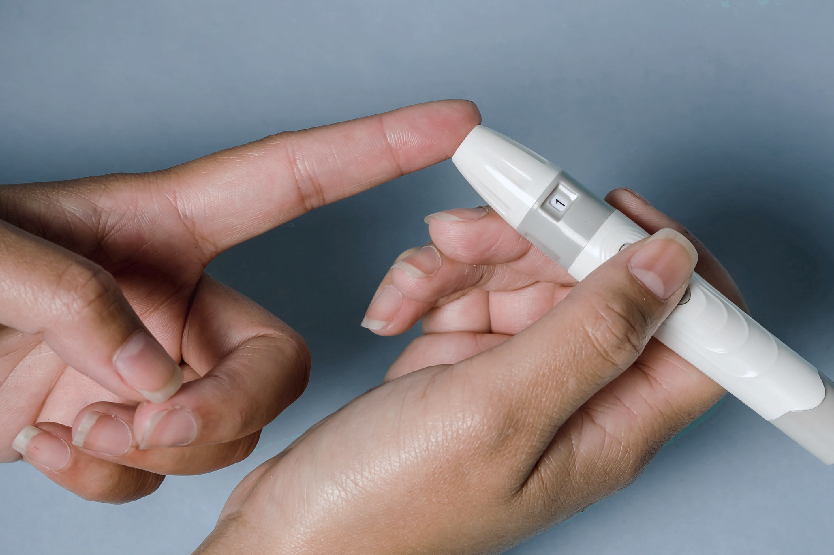Among various anti-aging health products, nicotinamide mononucleotide (NMN) has been gaining attention as a promising anti-aging product. Mitochondrial decay, which is responsible for aging, can be reversed by the increased levels of nicotinamide adenine dinucleotide (NAD+) in the body. NMN is a precursor of NAD+ that acts as an intermediate in NAD+ biosynthesis, while dietary supplements of NMN are found to increase the NAD+ levels in the body [1]. NMN is a bioactive nucleotide formed by the reaction between a nucleoside comprising nicotinamide and ribose and a phosphate group [2].
On April 22, 2021, the first NMN trial in humans, led by Dr. Samuel Klein’s group at Washington University, was published. Note that this is a randomized, placebo-controlled, double-blind trial – the most rigorously controlled type of trial that could provide the causal relationship between NMN supplementation and metabolic health in humans.
Twenty-five postmenopausal women with prediabetes who were overweight or obese were included in this study. 12 were randomized to the placebo group and 13 to the NMN group (250 mg/day). Multiple tests were conducted before and after ten weeks of treatment to assess the outcome, including body composition measurement, insulin sensitivity test, and cellular effects analysis using the muscle biopsies.
NMN Increased Muscle Insulin Sensitivity
Insulin resistance is one of the hallmarks of age-related metabolic disorders. In healthy people, when blood glucose levels increase, the pancreatic islets B cells will secret insulin to promote the incorporation of glucose in major metabolic tissues, including skeleton muscle. Therefore, glucose will be taken up by the tissues and the blood glucose level will decrease. However, in people with metabolic disorders such as obesity and type II diabetes, the metabolic tissues do not respond well to insulin, and the blood glucose level remains high even with a high blood insulin level. This phenomenon is called insulin resistance, or decreased insulin sensitivity, which will exacerbate metabolic disorders.
In this trial, the muscle insulin sensitivity was assessed as the rate of insulin-stimulated glucose disposal per kg of fat-free mass during the clamp procedure. In plain words, they measured how quickly and efficiently the glucose is taken up from blood in response to the insulin. A higher insulin-stimulated glucose disposal rate suggests higher insulin sensitivity, which is metabolically healthier.
This study provides the first evidence that Nicotinamide Mononucleotide NMN shows metabolic benefits in humans.





